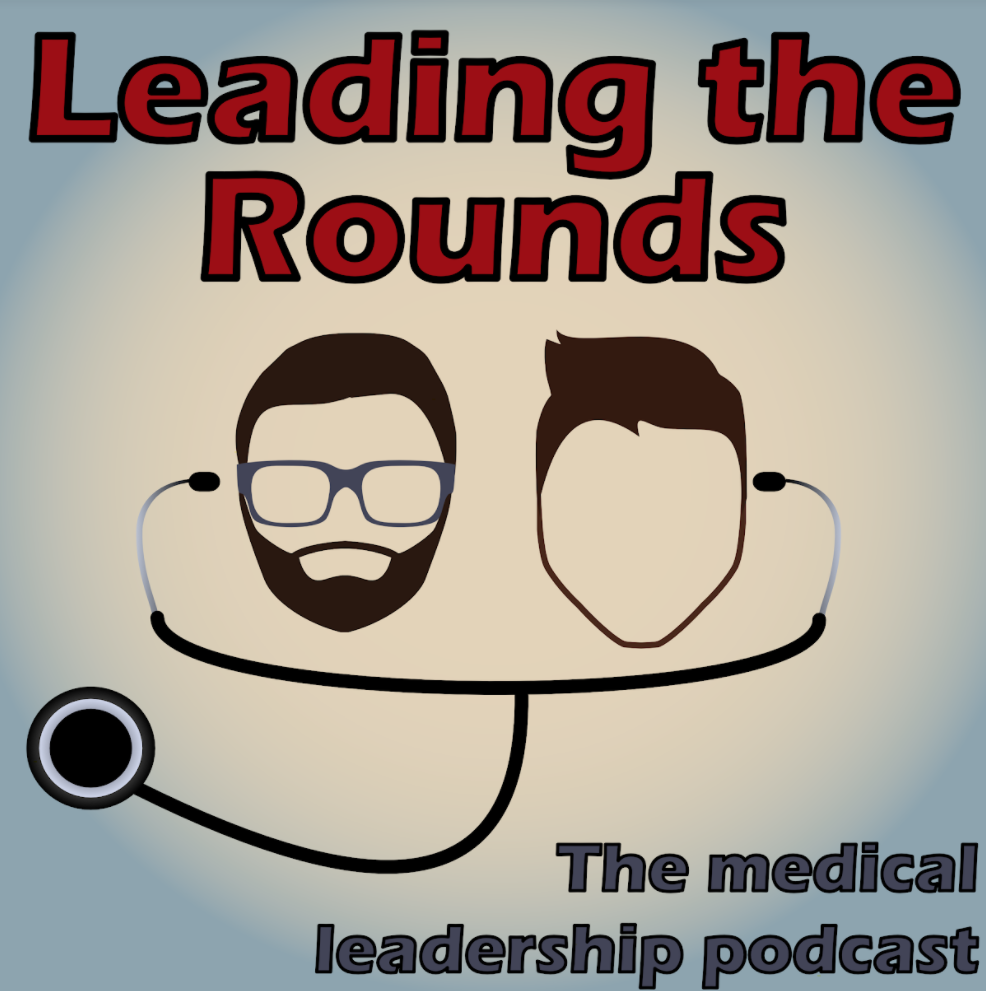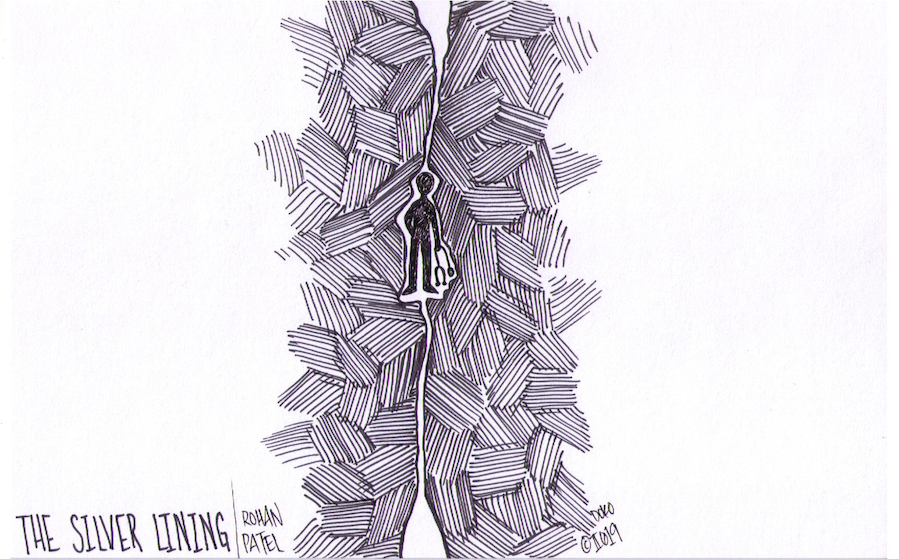Leading the Rounds: The Medical Leadership Podcast — “Bullying in Medicine and Improving the Culture of Medical Training with Dr. Simon Fleming”
In this episode, we discuss bullying in medicine, driving cultural change, as well as his belief that one person can change the world. We hope you enjoy this episode of Leading the Rounds.







